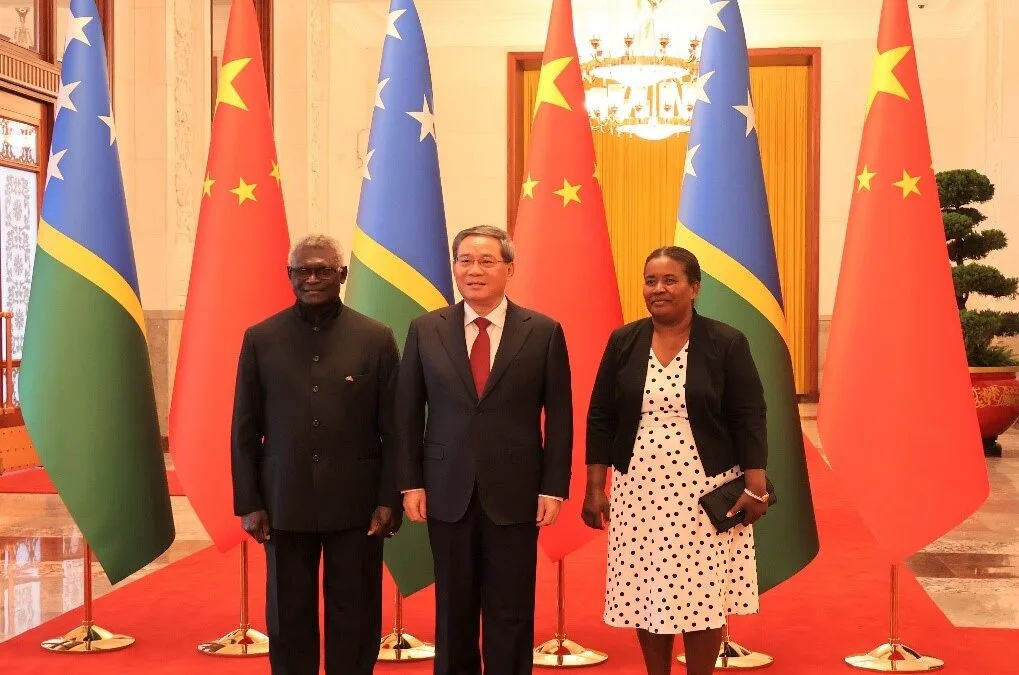The Albanese government expects China will remain undeterred from trying to duchess Pacific political leaders despite the pro-Beijing Solomon Islands Prime Minister Manasseh Sogavare relinquishing his grip on power.
Canberra is privately relieved Sogavare has been ousted as prime minister and believes his designated successor, Foreign Minister Jeremiah Manele, is not overtly anti-Australian if he prevails to become PM.
However,Sogavare will remain a key player in the coalition that his party has negotiated to try to form government. That alliance declared on Tuesday it had support from 29 MPs, three more than the 26 required for a majority in the 50-seat parliament.
Opposition Leader Matthew Wale has been nominated as the candidate for the rival political coalition.
MPs will vote on Thursday to select the new prime minister, but Lowy Institute Pacific Islands research fellow Mihai Sora said there would still be two days of fierce lobbying and negotiations, during which some could peel off from the respective coalitions.
“People will be grandstanding and showing confidence in their numbers,” said Sora, a former Australian diplomat to Honiara.
“It’s in the interest of MPs to leave their positions unclear, hoping to raise the stakes for their support. In this environment, it is still anybody’s game.”
Sogavare has emerged over the past five years as the Pacific’s most pro-Beijing leader after he abandoned Taiwan and diplomatically recognised China.
In 2022, he signed a secret security pact with Beijing, sparking fears it would pave the way for China to establish a permanent military presence in the South Pacific, less than 2000 kilometres from the Australian mainland.
Sogavare has long had a prickly relationship with Australia, and claimed the electoral backlash against him had been fermented by the U.S and its “Western allies”.
Despite the tensions, Canberra has continued to support Solomon Islands with aid to maintain influence with Honiara.
The Albanese government believes Manele will be a much less bombastic figure to deal with than Sogavare. However, given China’s unrelenting efforts, it is expecting Beijing will turn its attention to other politicians to build influence. Nor does it anticipate Honiara rupturing ties with China.
Defence Minister Richard Marles would not be drawn on whether Sogavare had paid a political price for his support for Beijing, saying the outcome of the election was for Solomon Islanders.
“No matter who forms government in Solomon Islands going forward, we will do everything within our power to seek to be the natural partner of choice, and we know we need to work hard to earn that trust,” Marles said.
“They are a deeply critical country to the region and Australia’s national security.”
Sora said Sogavare would remain influential behind the scenes if Manele became prime minister, although he expected managing the relationship with Solomon Islands should become easier for Canberra, with less “strident rhetoric” from the new government.
“But it won’t affect China’s strategic intent in the Pacific and it’s very hard to roll back those gains without tearing agreements up, which would have consequences for Solomon Islands,” he said.













